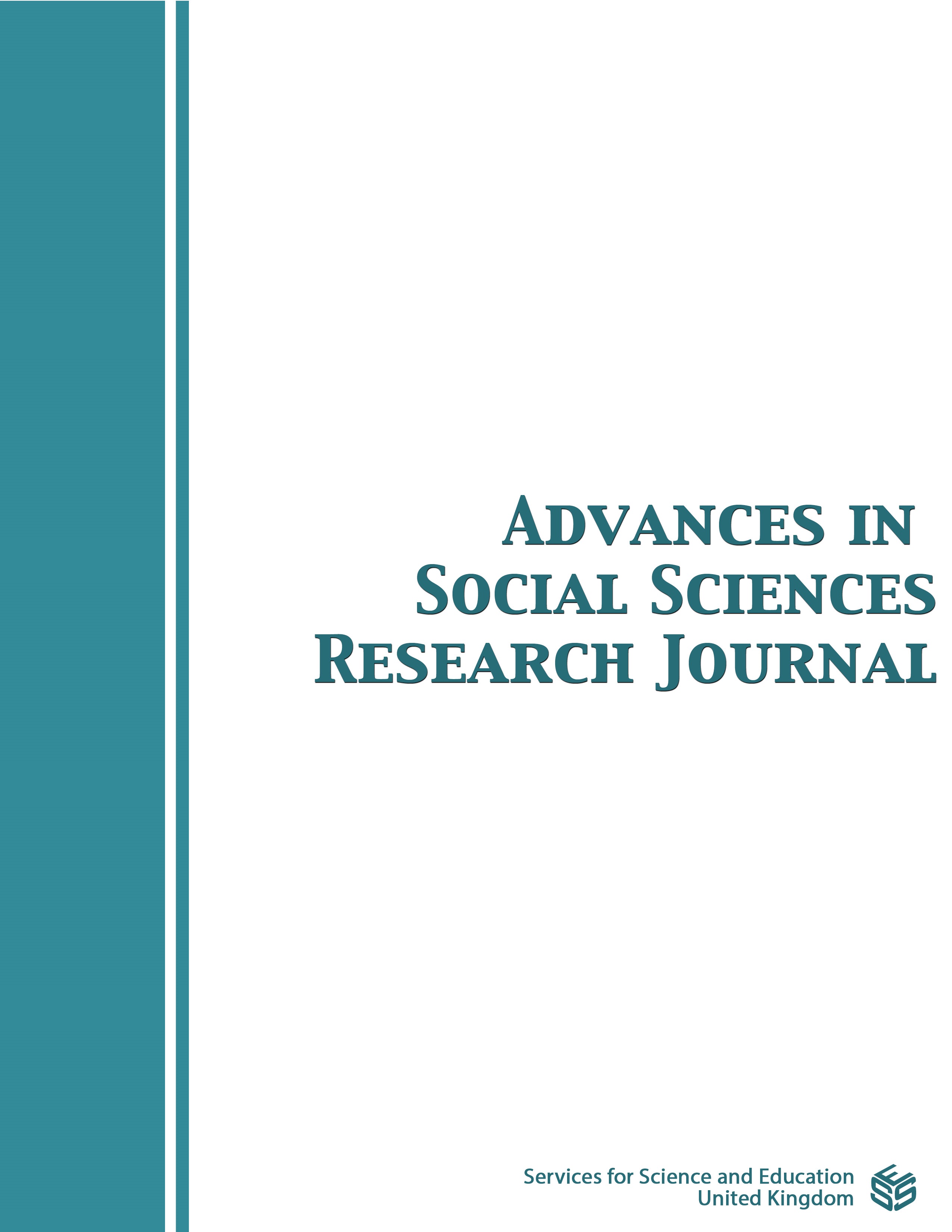The Moderating Role of Uncertainty Reduction on the Relationship between Leadership Styles and Organizational Identification within Saudi Hospitals
DOI:
https://doi.org/10.14738/assrj.1011.15636Keywords:
Directive leadership style, Supportive leadership style, Participative leadership style, Achievement-oriented leadership style, Uncertainty reduction, Organizational identification, Saudi hospitalsAbstract
This study embarked on an exploration into the dynamics of various leadership styles and their influence on organizational identification, placing a spotlight on the potential moderating effect of uncertainty reduction within the healthcare sector of Saudi Arabia. Adopting a hypothesis testing approach, the research employed a correlation investigation design, ensuring minimal interference from the researcher. The backdrop of this study was set in five hospitals across Riyadh and Makkah, targeting the entire population of permanent nurses. To derive a representative sample, a probability sampling technique was used, more specifically, stratified sampling, which culminated in a sample size of 375 participants. The unit of analysis was set at an individual level, with a cross-sectional study time horizon. Data collection involved a 7-point Likert scale, which underwent a comprehensive descriptive analysis via SPSS, followed by a Partial Least Square assessment using Smart-PLS. The findings highlighted the nuanced interplay between leadership strategies and organizational contexts, emphasizing the significance of adaptability in leadership in alignment with varying degrees of environmental uncertainty.
Downloads
Published
How to Cite
Issue
Section
License
Copyright (c) 2023 Salem Ali Algathia, Rosmah Mohamed, Yee Choy Leong, Abdul Rashid Abdullah

This work is licensed under a Creative Commons Attribution 4.0 International License.
Authors wishing to include figures, tables, or text passages that have already been published elsewhere are required to obtain permission from the copyright owner(s) for both the print and online format and to include evidence that such permission has been granted when submitting their papers. Any material received without such evidence will be assumed to originate from the authors.






